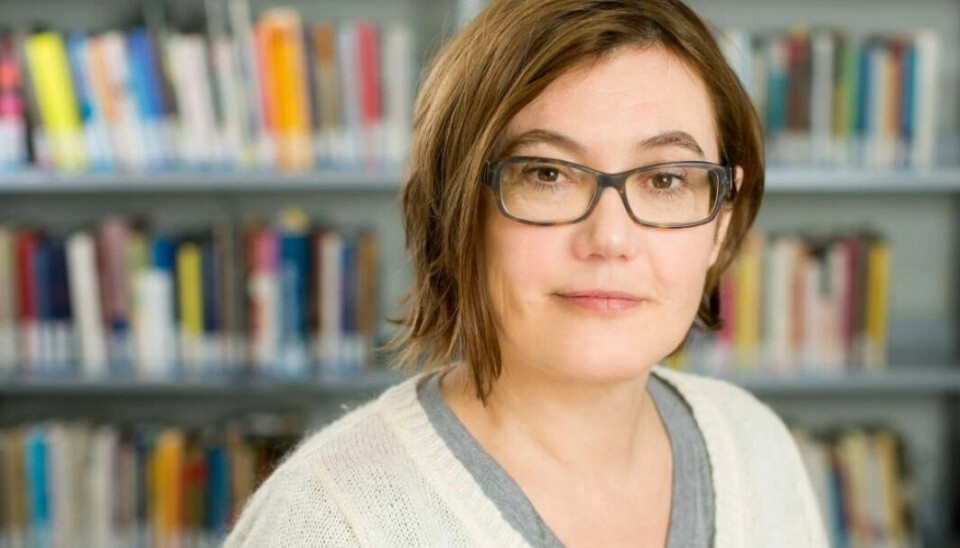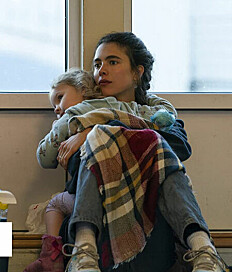
Child welfare caseworkers ignored violence against mothers
According to a new study, the support system helps women who are exposed to violence, but not to the same extent in cases of break-ups where both children and violence are involved.
Several women in a Norwegian study on violence say that child welfare caseworkers ignored their report of violence from the child's father. Instead, the violence against the mother was given the label "parental conflict", according to researcher Anja Bredal.
To Kjønnsforskning.no (link in Norwegian), she says that violent men who want shared custody of children can take advantage of society's expectation and ideal that fathers should be involved in the children's lives.
Bredal works at the research institute Nova at OsloMet. Her article “Vold eller foreldrekonflikt?” (Violence or parental conflict?), based on research material in an ongoing project on violence, was published last year.
Difference between disagreement and violence
In interviews with 40 women, it emerged that several experienced that the child welfare caseworker called their explanations about the violence they were exposed to, "allegations in an ongoing conflict" between the parents. The violence was not seen as directly relevant in the assessment of the child's situation.
Bredal says the child welfare services must distinguish between couples who simply disagree very much – in regular conflict with each other – and relationships where violence has led to an imbalance of power.
Psychologist is also critical of the use of conflict
Psychologist Ingunn Rangul Askeland at Alternative to Violence is also critical of the use of conflict as a term when describing violent relationships.
“What we often see in child custody cases is that as soon as something is viewed as a parental conflict, the perspective of violence goes out the door,” she says.
In 2020, 43 per cent of children of divorce live with both parents. There is broad agreement that equal parenting is good for both children and equality, and there is an expectation that parents should cooperate in care after a break-up.
———
Translated by Alette Bjordal Gjellesvik.
Read the Norwegian version of this article on forskning.no

































